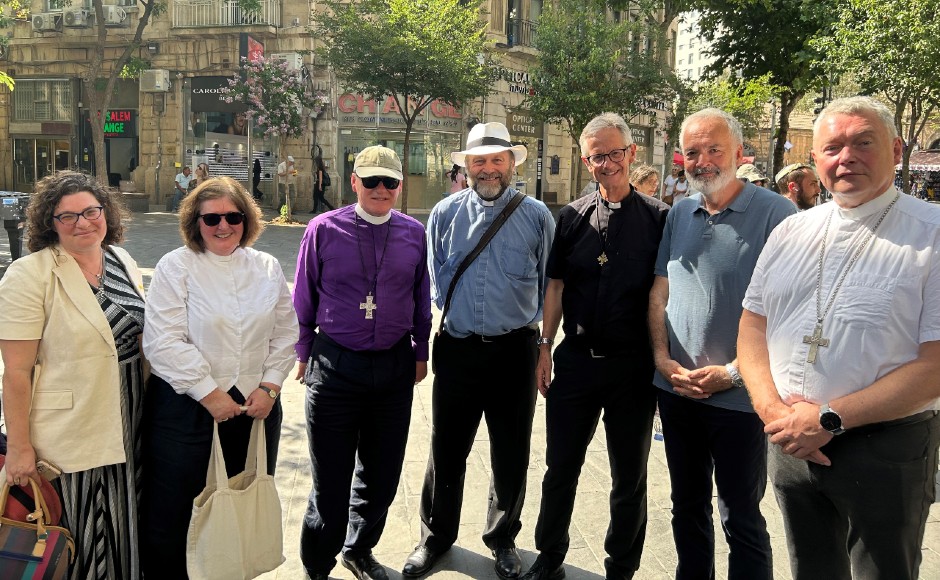Kirk opposes review to move British embassy to Jerusalem
Published on 13 October 2022
The Church of Scotland has supported an ecumenical effort to convey concerns around Liz Truss' plans to weigh up the possible relocation of the British embassy from Tel Aviv to Jerusalem.

In a private letter to the Prime Minister, sent on 11 October, the Church of Scotland, the Church of England, United Reformed Church, Methodist Church in Great Britain, Quakers in Britain, Christian Aid, and other churches and Christian humanitarian organisations with a long history of working with Palestinians and Israelis striving for peace, urged Liz Truss to drop plans to review the location of the British embassy.
Her plans echo that of Donald Trump who caused controversy in 2017 when he announced his decision to move the US embassy from Tel Aviv to Jerusalem, and then officially made the move a year later.
The letter follows a statement released by The Council of the Patriarchs and Heads of the Churches in Jerusalem on 10 October, which said it was "gravely concerned" at the Prime Minister's plans.
The letter's signatories asked the Prime Minister to instead "maintain the obligation of all nations to respect the historic status quo of the Holy City, in conformity with the relevant UN resolutions".
The Moderator of the General Assembly of the Church of Scotland, Rt Rev Dr Iain Greenshields, said: "The General Assembly has consistently supported a negotiated solution to the ongoing occupation of the Palestinian territory, which includes East Jerusalem, and unilateral UK action to move its embassy would not support efforts to see a peaceful, long-term resolution of this historic injustice."
In the letter, the signatories reminded Liz Trust that "The Holy Land Co-ordination, mandated by the Holy See, and made up of Christian church leaders from around the world, after its May 2022 visit stated: ‘Jerusalem is a Jewish city, a Christian city, a Muslim city. It must remain a common patrimony and never become the exclusive monopoly of any one religion. It is our right and duty as Christians to uphold the city's openness and universality'."
The letter concluded with a warning that "a review of the location of the embassy would only send a negative signal that would not serve the interests of a sustainable and just peace for all, Palestinian and Israelis alike".


